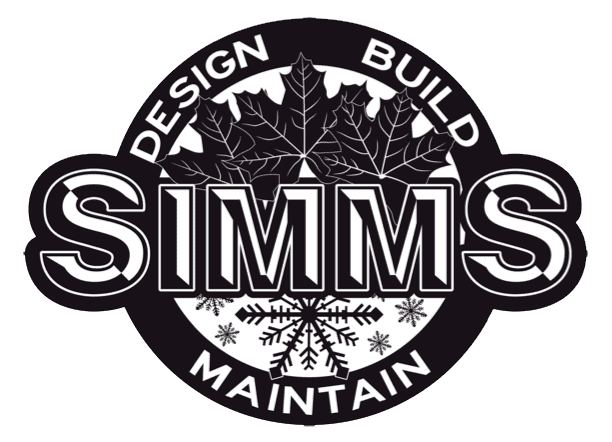Most professional landscapers are trained in plant science, soil health, irrigation, and construction methods, but the level of expertise varies widely between companies. In Salt Lake and Davis Counties, licensed contractors must carry an S330 license, which ensures they’ve met minimum training and regulatory standards. Still, a license alone doesn’t guarantee quality — you want a company with proven experience in local conditions. Utah’s clay-heavy soils, freeze-thaw cycles, and strict water rules demand specific knowledge. A landscaper who works mostly in other regions may not understand how to design for drought or prevent drainage problems in our area. To gauge competence, ask about past projects similar to yours, request photos and references, and pay attention to how clearly they explain their approach. A skilled landscaper should walk you through irrigation design, plant selection for Utah’s climate, and warranty policies without hesitation. If you leave the conversation with more clarity than confusion, that’s a sign they know what they’re doing.
Will a landscaper actually know what they are doing?
Related FAQs
-
When will a landscaper fix all these little issues?
Minor issues are usually addressed during the final walkthrough or warranty period. In Salt Lake and Davis Counties, most reputable…
-
What hidden costs am I not thinking about from a landscaping company?
Hidden costs usually show up in areas that weren’t discussed during the bid. Examples include site preparation (grading, hauling soil,…
-
Why does my neighbor’s yard look better after using a landscaping company?
The difference usually comes from consistent maintenance and better resource management. A professional company may be adjusting irrigation schedules seasonally,…
